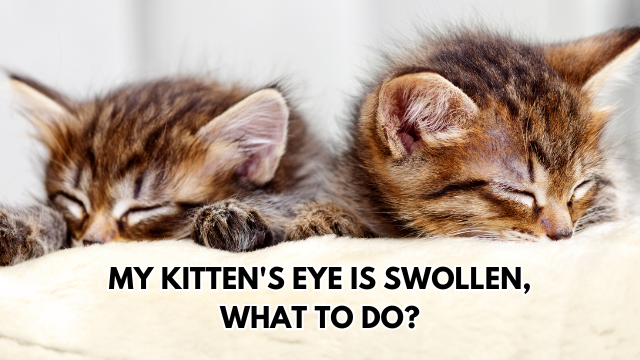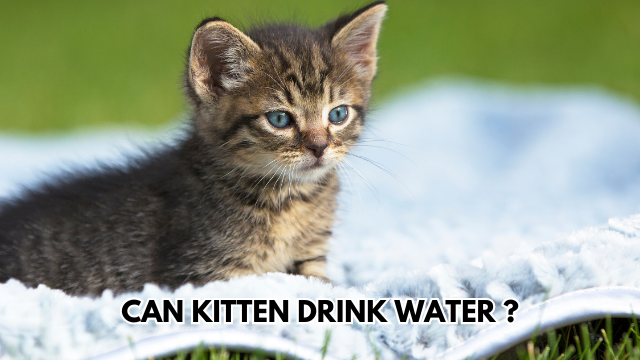You’ve just welcomed a new kitten into your home, and everything seems perfect. But then you notice something odd: your kitten is playing in the litter box. Is this normal? Should you be concerned? Why does my kitten play in the litter box?
Understanding your kitten’s behavior is key to ensuring their well-being and maintaining a clean home. So let’s look into why kittens play in the litter box and what you can do about it.
The Problem: Kitten Play in Litter Box
Kittens are naturally curious and playful. They explore their environment with boundless energy and enthusiasm. However, when this curiosity leads them to play in the litter box, it can leave you scratching your head.
You might wonder if this is normal or a sign of a problem. Fortunately, this behavior is usually harmless, but it’s important to understand why it happens and how to manage it.
Why Does Kitten Play in the Litter Box?
There are several reasons why kittens might play in the litter box:
Curiosity. Kittens are explorers. They investigate every corner of their new home, including the litter box. The texture of the litter and the enclosed space can be intriguing.
Scent Marking. Kittens use scent to mark their territory. Rolling around in the litter box can be a way for them to leave their scent and feel secure.
Playfulness. The litter box can be a small, enclosed space that feels like a fun play area. The litter itself might feel interesting under their paws, leading to digging and rolling.
Comfort. The litter box can be a safe, quiet place where kittens feel comfortable. They might see it as a cozy spot to relax and play.

Is It Normal?
Yes, it is normal for kittens to play in the litter box.
This behavior is usually a phase that they will outgrow as they become more familiar with their environment.
However, there are steps you can take to minimize this behavior and ensure the litter box remains a clean and hygienic place for them to use.
Tips to Minimize Litter Box Play
Provide More Play Options. Ensure your kitten has plenty of toys and interactive playtime. Redirect their energy and curiosity towards more appropriate play activities.
Clean the Litter Box Regularly. Keep the litter box clean to ensure it’s primarily a place for elimination, not play. Scoop the litter box daily and change the litter regularly.
Use a Covered Litter Box. A covered litter box can make it less inviting for play. It provides a more private space for elimination and reduces the chances of litter scattering during play.
Create a Play Area. Designate a specific area for play with various toys, scratching posts, and climbing structures. Make this area more appealing than the litter box.
Positive Reinforcement. When you see your kitten playing appropriately, reward them with treats or affection. Positive reinforcement encourages good behavior.
Limit Access. If possible, limit your kitten’s access to the litter box area unless they need to use it. This can help reduce the opportunity for play.

When to Be Concerned
While playing in the litter box is generally normal, there are some instances where it might indicate a problem:
Excessive Play. If your kitten spends an excessive amount of time in the litter box or seems obsessed with it, consult your vet. This could be a sign of stress or an underlying health issue.
Elimination Issues. If your kitten starts eliminating outside the litter box or shows signs of discomfort while using it, there might be a medical issue at play. A visit to the vet is warranted.
Behavioral Changes. Sudden changes in behavior, including increased litter box play, can indicate stress or anxiety. Identifying and addressing the cause of stress is important.
Read: Why Does My Cat Randomly Bite Me?
Conclusion: Enjoying Your Kitten’s Playful Nature
Lastly, kittens are full of energy and curiosity, and playing in the litter box is usually just a part of their exploration. By understanding why kitten play in litter box and taking steps to provide other play opportunities, you can help minimize this behavior. Keep an eye out for any signs of excessive play or elimination issues, and consult your vet if needed.
Remember, this playful phase won’t last forever. Soon enough, your kitten will grow out of it and find new ways to entertain themselves.
In the meantime, enjoy the playful antics and the joy that a new kitten brings to your home. With a little patience and guidance, you and your kitten will navigate this phase with ease. ***
Watch Videos about Cat & Kitten Care on Youtube @naowthecat